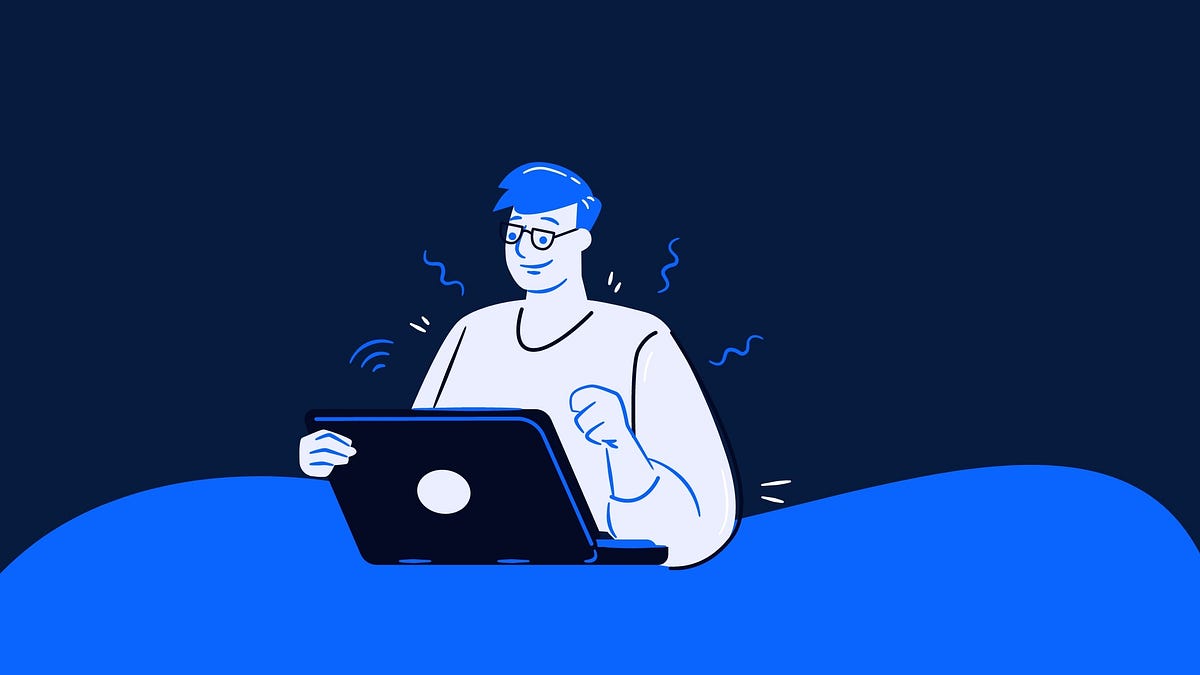“Love art in yourself, not yourself in art.”
Konstantin Stanislavski — the Russian theatre practitioner and one of the leading theater directors of his generation — once said, “Love art in yourself, not yourself in art.” He wrote this in his acclaimed autobiography My Life in Art. In it, you’ll find an abundance of philosophical musings that match with Stanislavski’s view of the separation between the artist and the art they’re making. Stanislavski believed artists, especially actors, should not bluster or applaud for themselves. In another way, however, I think Stanislavski’s quote relates to the enduring expedition that artists, especially young artists, must take to discover their voice.
I began writing, at least with the intent to publish, in 2015. I had just graduated high school and found myself turning inward from the world. I was in a dark place. I didn’t have any real friends to depend upon, nor did I really understand who I was. I had grown up in a conservative family — conservative referencing personality far more than political ideology, but that too — and had never truly been allowed to either express myself or experiment with the world around me.
I was confined, bordered by heritage. When I drifted more towards artistic mediums such as drawing or writing, my parents were always hesitant to push me. Instead, my parents would intervene and pull me in the direction of activities that concerned them and their desires, either for themselves or for me. My father preferred us — my brother and I — to be active in sports. Not just any sport, though. Preferably something with contact, a game that conveyed some degree of masculinity in a way that satisfied his ambitions for us. Tennis, golf, and basketball were never really on the table. Instead, football and wrestling were seen as proper sports for boys like ourselves.
The same unspoken boundaries were set in terms of religion and politics, not mention other worldviews that my dad possessed as the household’s dominant personality. My brother and I imitated him to no end, never expressing our own thoughts and ideas in fear of them being torn asunder. My father was never one for open-mindedness. He had his way, and everyone else had theirs.
Living in a household like that was no place for self-discovery, so when I graduated and looked towards my first year of college, it was difficult to transition to a system that prided itself upon self-expression. I was forced to differentiate myself from the extreme homogeneous ménage in which I blossomed. Most of my friends had moved away or had a falling out over some hyperbolic, teenage drama. I was alone.
#mental-health #self-improvement #writing #art #self-love
